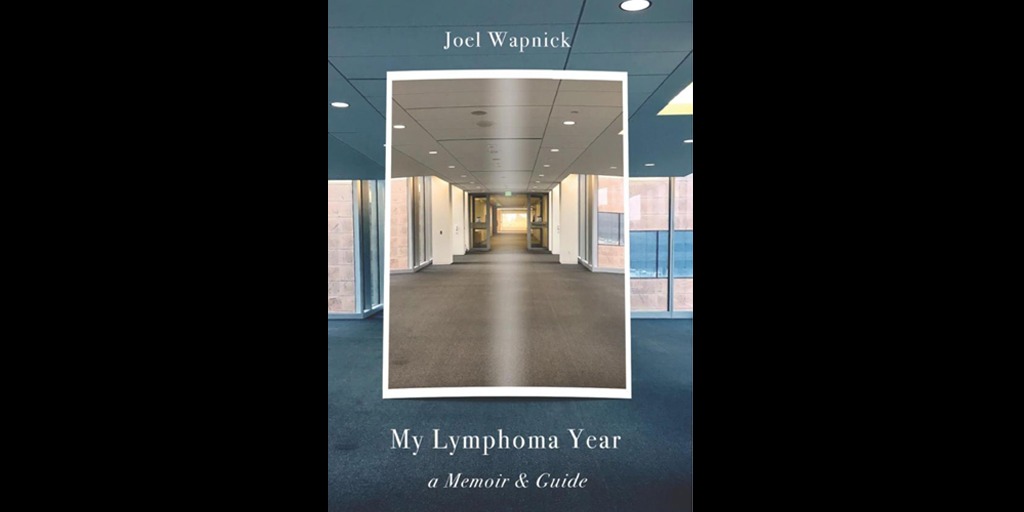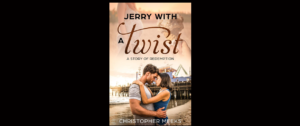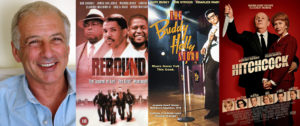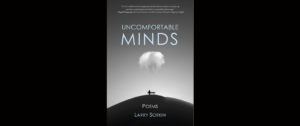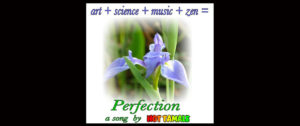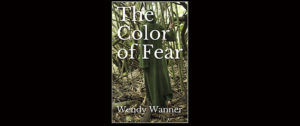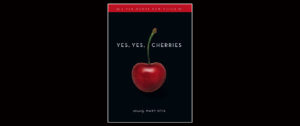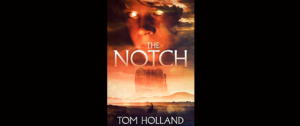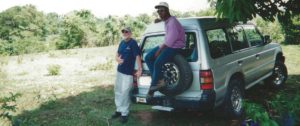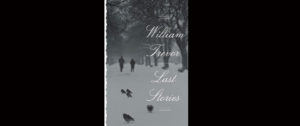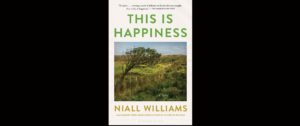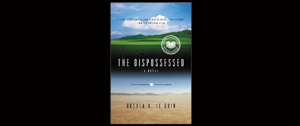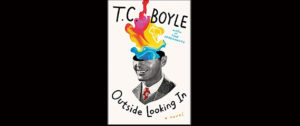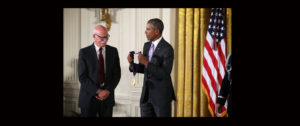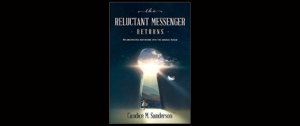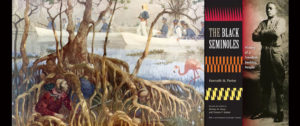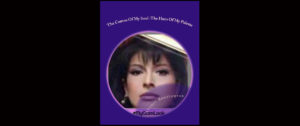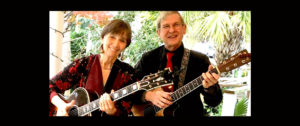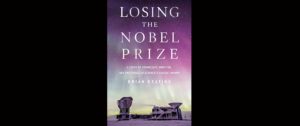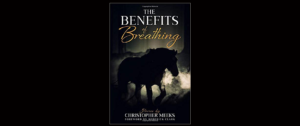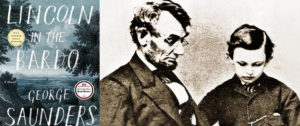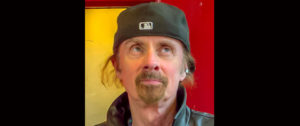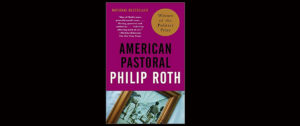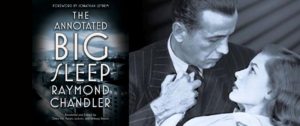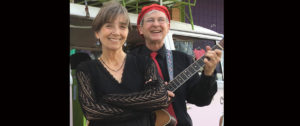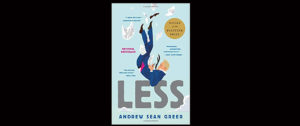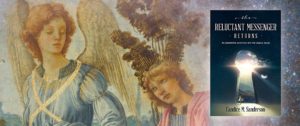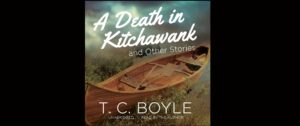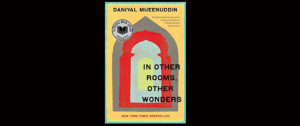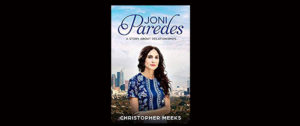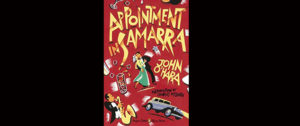I give it Five Stars! Heartfelt for all, Essential for some.

Several years ago, I read and then wrote a short review of Professor Joel Wapnick’s thrilling, evocative debut novel, The View North from Liberal Cemetery. For months after I’d finished that excellent superbly written book, I continued to think about it and frequently mentioned it and highly recommended it many friends and colleagues, all of whom are avid readers and accomplished life-long students of literature. So naturally when I heard about My Lymphoma Year, I ordered a copy and had the time to read this past weekend. I expect I’ll be thinking and talking about and recommending this book too.
Other than a certainty based upon my having read The View that the writing in My Lymphoma Year would be enchanting, I wasn’t sure what to expect. What I received was a short extremely well-researched book, complete with footnotes detailing and expanding on the research that one would expect from an academic of Mr. Wapnick’s accomplishments. The footnotes manage not to be intrusive in any way. The book is partitioned into four parts: Preface, Diagnosis, Treatment, and Aftermath. Each part is divided into short pithy paragraphs. In part, this book may attribute its brevity to its lack of extraneous words.
At the outset, the heart of the memoir, I was a beneficiary of accomplished writing that came alive with conveyed keen senses of humor and irony, a story lacking melodrama that nonetheless deftly resonated with chords of heartstrings. But as the story moves from philosophical considerations of possible life or death outcomes to the treatment section, I was impressed by the way in which it was told with considerable details, details that brought me into the story, details that would be of considerable importance for those reading this book to take advantage of or to learn from its aspect as a “Guide:” exactly which drugs were used in the chemotherapy, when they were used, what did they do, what were or could have been their side-effects, their dangers, their benefits. Who the numerous doctors were, what were their specialties, what did they contribute to Mr. Wapnick’s treatment.
Mr. Wapnick’s doctors, his wife—who was there for and with him through his entire ordeal—and his daughter—who came with her wife from British Columbia to Cleveland to be near her dad during the latter months of his treatment, are characters whose personalities and the affections for them by the author and by them for him come alive in the story.
Joel Wapnick is a professor of music, emeritus, at McGill University, where he taught for thirty-seven years. He plays the piano and his devotion to his instrument becomes a theme in the story as well as a metaphor, for what is important and sustaining in life. Mr. Wapnick is also a champion Scrabble player, having won the World Championship, the North American Championship, and the Canadian Championship twice. Scrabble, like music, is an essential part of who Mr. Wapnick is, parts that helped him bear and survive the ordeal of chemotherapy.
In short, this memoir has the essence of what every excellent memoir should have: enchanting writing, details that enliven the experiences of the story, themes and metaphors that enrich the story, and interesting well-drawn characters the reader will care about.

